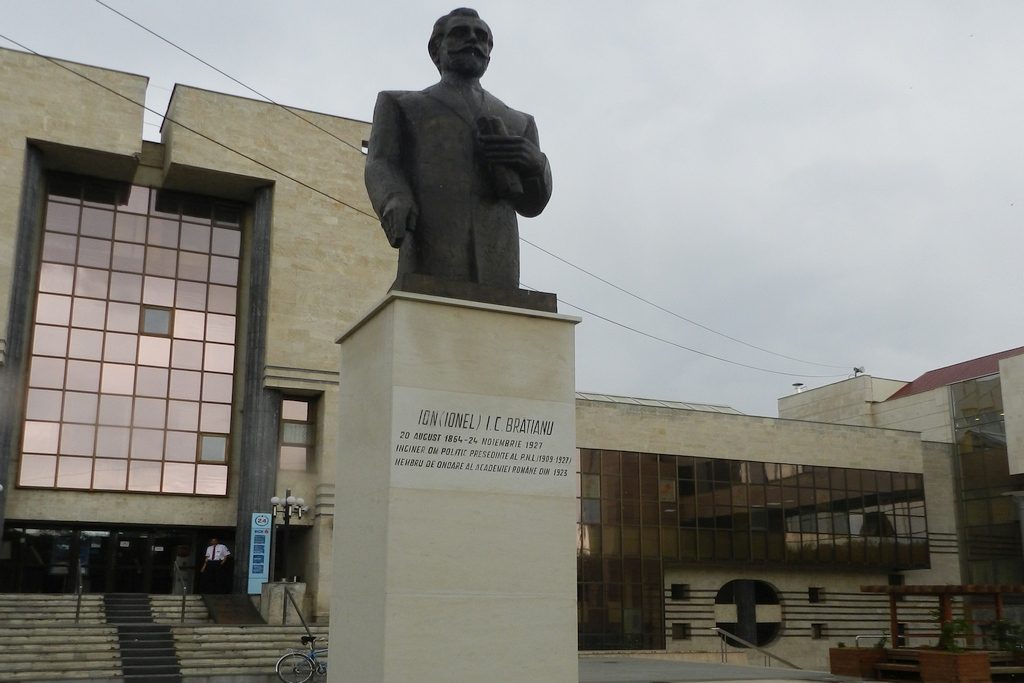

Ion I. C. Brătianu (known also as Ionel Brătianu, born on the 20th of August 1864, Ștefănești, Argeș – deceased on the 24th of November 1927, Bucharest) was a Romanian political man, who played a first importance role in the Great Union of 1918 and in the political life from modern Romania. He occupied the position of president from the National Liberal Party. Of engineer professional training, Ionel Brătianu didn’t profess, but dedicated himself to the political life, being the most appropriate to this career between the three boys of the liberal leader Ion C. Brătianu.
Ion I. C. Brătianu was for five times president of the Minister’s Council – more than anybody else – , for three times minister of interns, he was twice the minister of national defense and twice the minister of external affairs.
He becomes member of the National Liberal Party even starting with 1895. In the same year he candidates at the College I, being elected deputy of Gorj. He sustains the acceptance in the party (February 1889) of the former leaders of the Social Democratic Party of the Workers from Romania (C. Stere, V. G. Moțun, dr. I. G. Radovici, I. Nădejde) created in the year 1893.
In 1907, I. I. Brătianu, on the position of minister of intern, and the general Alexandru Averescu, minister of war, commanded with a strong arm the repression action of the revolted peasants.
At the P.N.L. Congress of January 1909, I. I. C. (Ionel) Brătianu is chosen as president of te party, political position which he kept until the end of his life.
On the 2nd of October 1913, the Executive Committee of P.N.L. accepts the proposal forwarded by Brătianu regarding the agrarian reform (the partial expropriation of the grand property) and electoral (the unique electoral college). These proposals of the liberal leader are also supported by an important part of the state people of the times: King Carol I, the democrat conservatories (but who support some alterations – two electoral colleges and the expropriation by buying) and even the “old” conservatories (expropriation in extremis and in the electoral plan they only accept a broadening of the base of the existent colleges).
He was the leader of the Romanian delegation at the Peace Conference from Versailles. In this quality he had the obligation of answering to the blame of the signing by Romania of a separate peace with the Central Powers in 1918 (the Peace from Buftea). His diplomatic abilities are owed to the clearing of this point, as well as by convincing the allays with regards to the justice of the territorial requisitions of the Romanian Kingdom.
When Ferdinand died in 1927, the government commanded by Ionel Brătianu remained in the highest position in the country, under the reign of the minor king Michael. In the same year, Ionel Brătianu died abruptly, which was the beginning of a decline period for the National Liberal Party.
